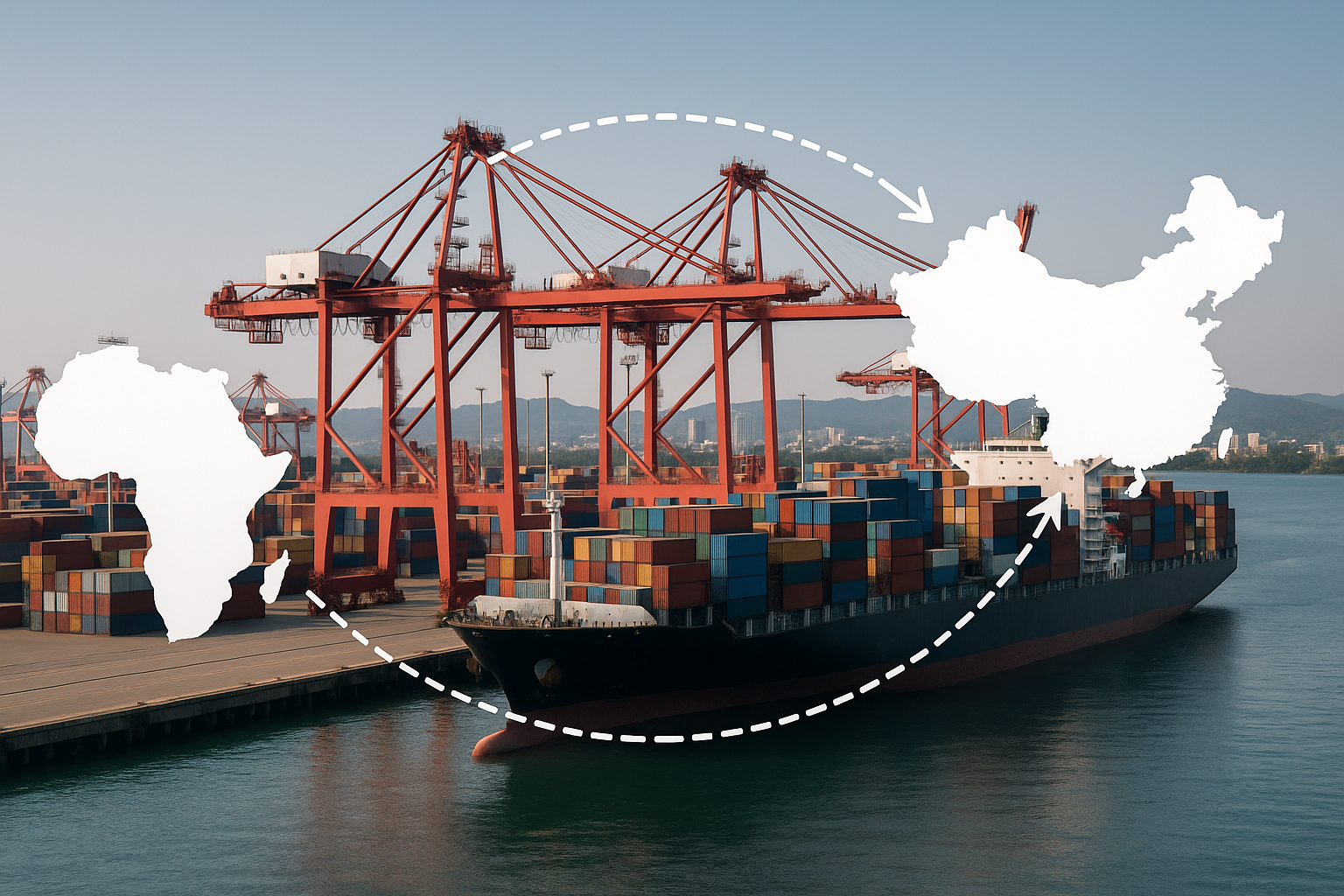As global economies adapt to the aftermath of COVID-19, geopolitical tensions, and supply chain disruptions, Africa is emerging as a strategic hub in reshaping global supply chain resilience. China, having established deep trade and investment ties across the continent, is positioning itself to leverage Africa’s potential to diversify and stabilize global supply flows.
While Western economies seek to reduce dependence on Chinese manufacturing, China is responding by building new, decentralized supply chain pathways many of which run through Africa. With its vast natural resources, youthful workforce, and growing intra-continental trade through the African Continental Free Trade Area (AfCFTA), Africa offers a compelling case for global supply chain integration.
China’s investments in infrastructure, special economic zones, and logistics corridors across countries like Kenya, Ethiopia, and Angola serve dual purposes: boosting local economies and anchoring new production routes that are less vulnerable to sanctions or geopolitical shocks. These developments not only enhance Africa’s manufacturing capabilities but also signal a shift from extractive trade relationships to more collaborative, value-added partnerships.
The long-term success of this strategy will depend on good governance, skills development, and sustainability. But if well executed, this evolving China-Africa relationship could redefine global trade by creating a more balanced, resilient, and inclusive supply chain model.
Reference:
Business Daily Africa. (2024, May 20). China, Africa the next frontier of global supply chain resilience.


